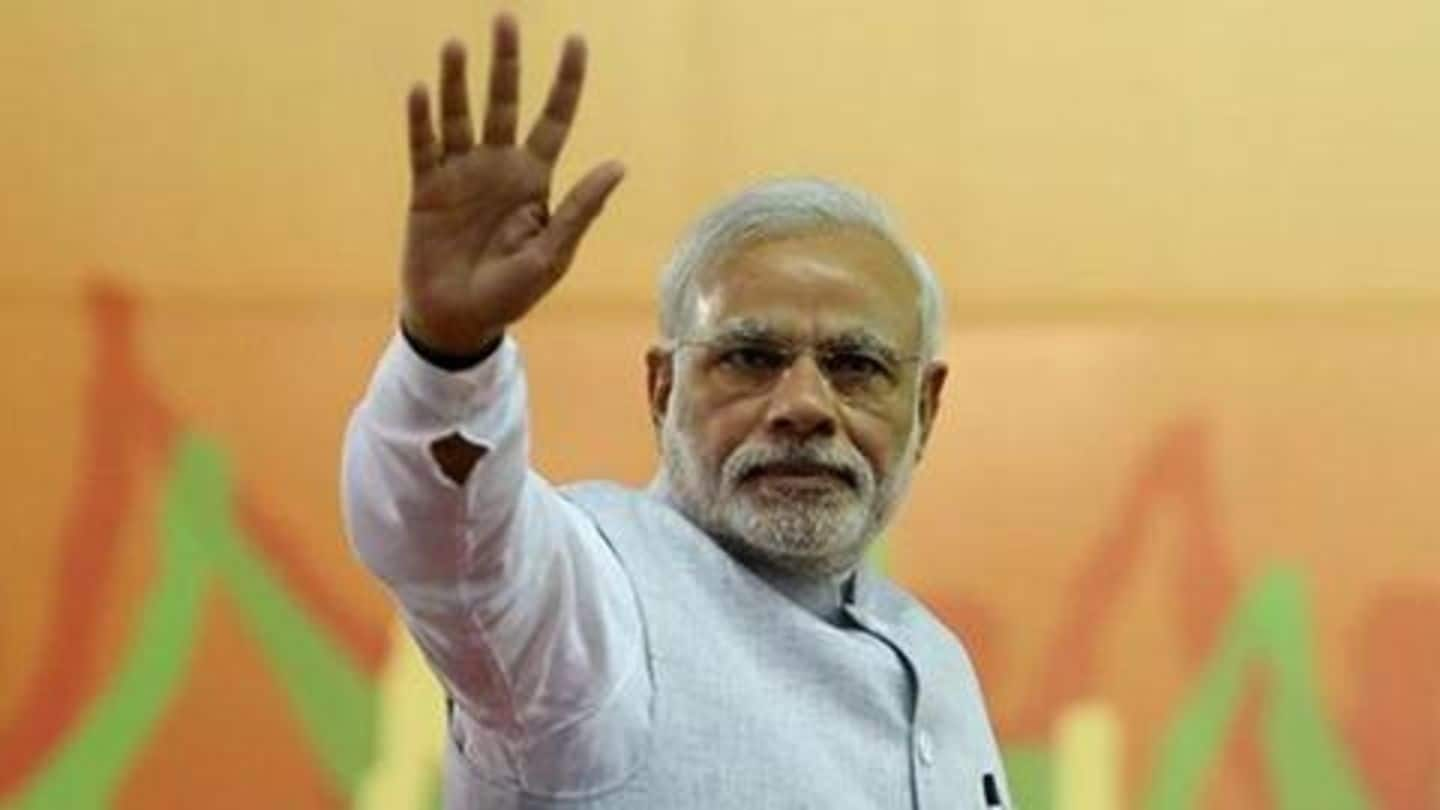
Meghalaya-HC: India can't become Islamic-country, have faith in PM Modi
What's the story
Justice SR Sen of the Meghalaya HC recently said India can't be allowed to become another Islamic country as he delivered a judgment related to a plea of an army recruit, reports Live Law.
Justice Sen was hearing the petition after the recruit's Domicile Certificate was rejected.
He expressed faith on Prime Minister Narendra Modi and said he understands the situation's gravity.
The case
Justice Sen says Domicile Certificates shouldn't be rejected
In the Rabbe Alam v. State of Meghalaya & Ors. case, Justice Sen reiterated that anyone residing in the state permanently or who has been living there for five years should be given a Domicile Certificate.
However, he added if there are doubts the police can be asked to do a background check to understand how long the person has been living in the state.
Appeal
He appealed to accept few communities
Justice Sen urged parliamentarians, PM Modi and Centre to bring a legislation that allows Hindus, Sikhs, Jains, Buddhists, Parsis, Christians, Khasis, Jaintias and Garos of Pakistan, Bangladesh, and Afghanistan to get citizenship easily.
He told A. Paul, Centre's Assistant Solicitor General, Meghalaya High Court, to send a copy of the judgment to Centre.
He said the aforementioned communities should be safeguarded.
Twitter Post
"India can't become another Islamic country"
I make it clear that nobody should try to make India as another
— Live Law (@LiveLawIndia) December 12, 2018
Islamic country, otherwise it will be a dooms day for India and the world: Justice SR Sen.
Quote
Hope Mamata Banerjee will support national interest: Justice Sen
"I am confident that only this Government under Shri. Narendra Modiji will understand the gravity and will do the needful as requested above and our Chief Minister Mamataji will support the national interest in all respect," the judgment read.
NRC
He even said NRC's implementation is flawed
About National Register of Citizens (NRC) and its implementation in Assam, Justice Sen noted the process was flawed 'as many foreigners become Indians and original Indians are left out which is very sad'.
He said people lodged in detention camps were facing inhumane conditions and urged Hindus of Barak and Assam valleys to think of an amicable situation as 'this is our culture'.